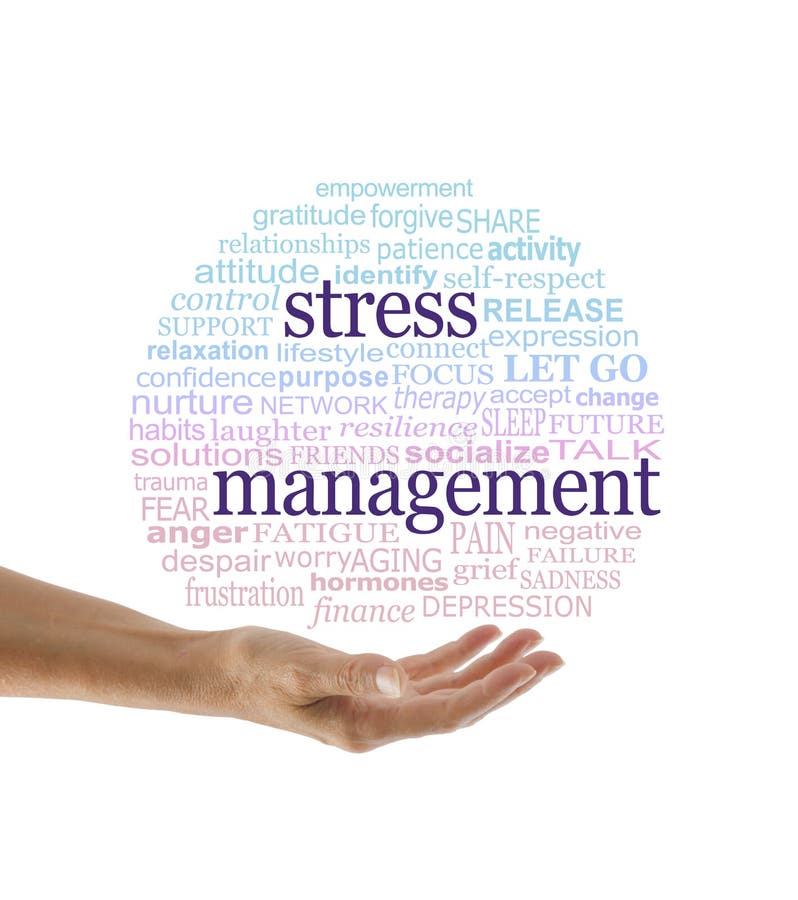1. Identify Your Stress Triggers
The first step in managing stress is to identify the things that trigger your stress response. These can be external factors such as a deadline at work or an argument with a loved one, or internal factors such as negative self-talk or perfectionism. Once you know what triggers your stress, you can take steps to minimize or eliminate these triggers from your life.
2. Practice Mindfulness Meditation
Mindfulness meditation is a powerful tool for managing stress. It involves focusing your attention on the present moment and accepting it without judgment. Regular meditation practice can help reduce the symptoms of stress, anxiety, and depression. You can start with just a few minutes of meditation each day and gradually increase the duration over time.
3. Exercise Regularly
Regular exercise is a great way to manage stress. Exercise releases endorphins, which are natural mood boosters. It also helps reduce the levels of stress hormones in the body, such as cortisol. You don't need to do a lot of exercise to reap the benefits. Even a 30-minute walk or jog can help reduce stress and boost your mood.
4. Practice Self-Care
Self-care is an important part of managing stress. This can include activities such as taking a warm bath, reading a book, or spending time with friends and family. It's important to prioritize self-care activities that you enjoy and that help you relax.
5. Use Time Management Techniques
Poor time management can be a major source of stress. Learning to prioritize tasks and manage your time effectively can help reduce stress and increase productivity. Some time management techniques you can try include making a to-do list, breaking large tasks into smaller ones, and delegating tasks to others when possible.
6. Get Enough Sleep
Lack of sleep can exacerbate stress and anxiety. It's important to get enough sleep each night to allow your body and mind to rest and recharge. Aim for 7-8 hours of sleep per night and establish a relaxing bedtime routine to help you wind down and prepare for sleep.
7. Seek Support
Finally, don't be afraid to seek support when you need it. Talking to a trusted friend or family member, joining a support group, or seeking professional help from a therapist or counselor can all be effective ways to manage stress and improve your mental health.
In conclusion, stress is a common problem that can have a negative impact on mental and physical health. By identifying your stress triggers, practicing mindfulness meditation, exercising regularly, practicing self-care, using time management techniques, getting enough sleep, and seeking support, you can manage stress and reduce its impact on your life. Remember to be patient and kind to yourself as you work on managing stress, and celebrate your progress along the way.

Comments
Post a Comment